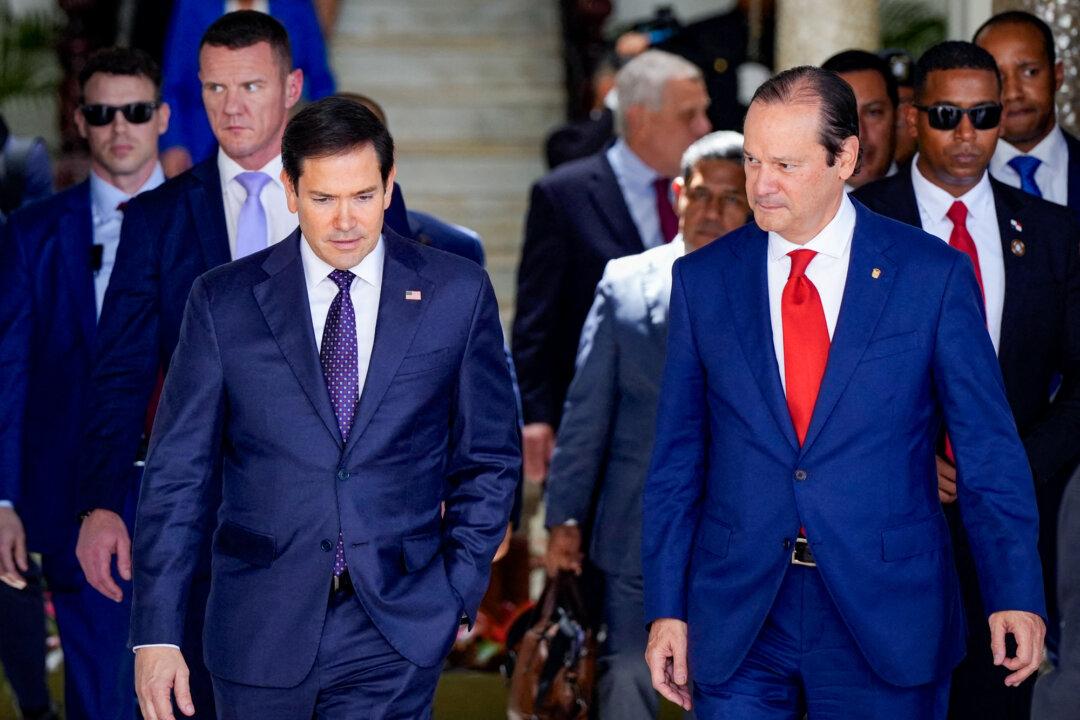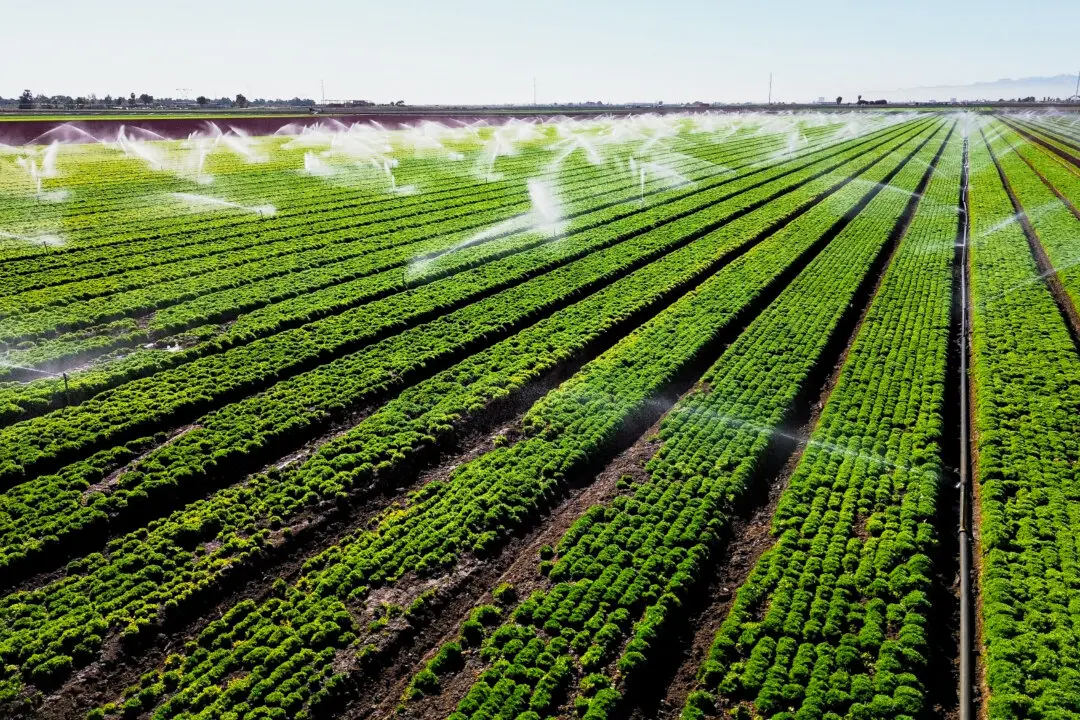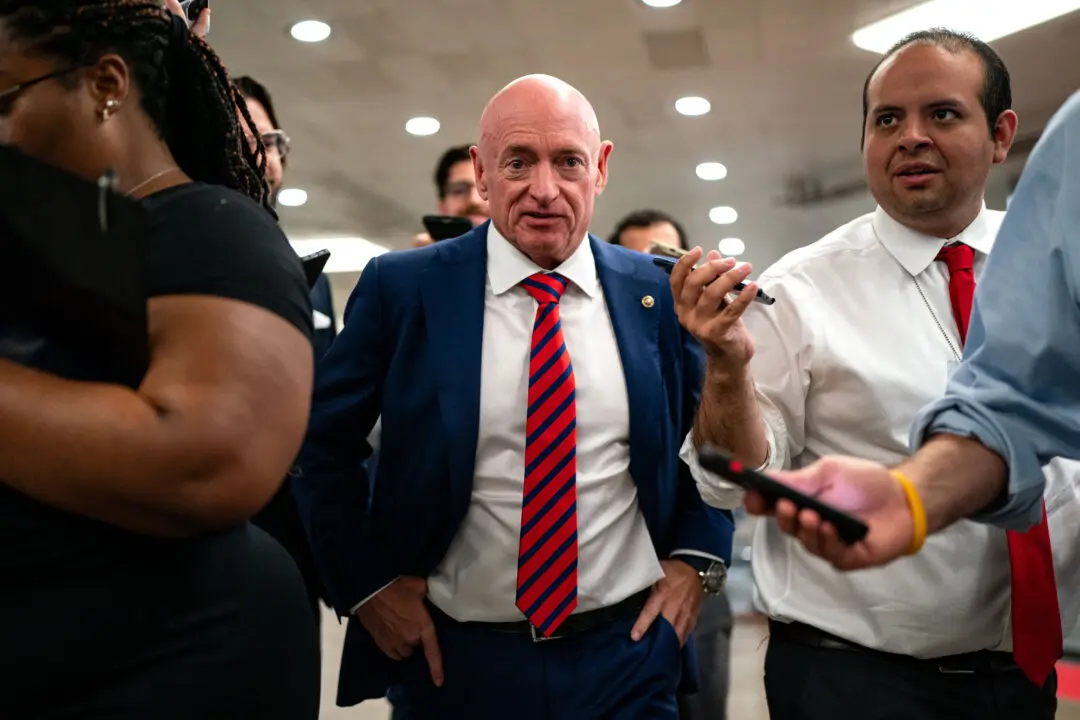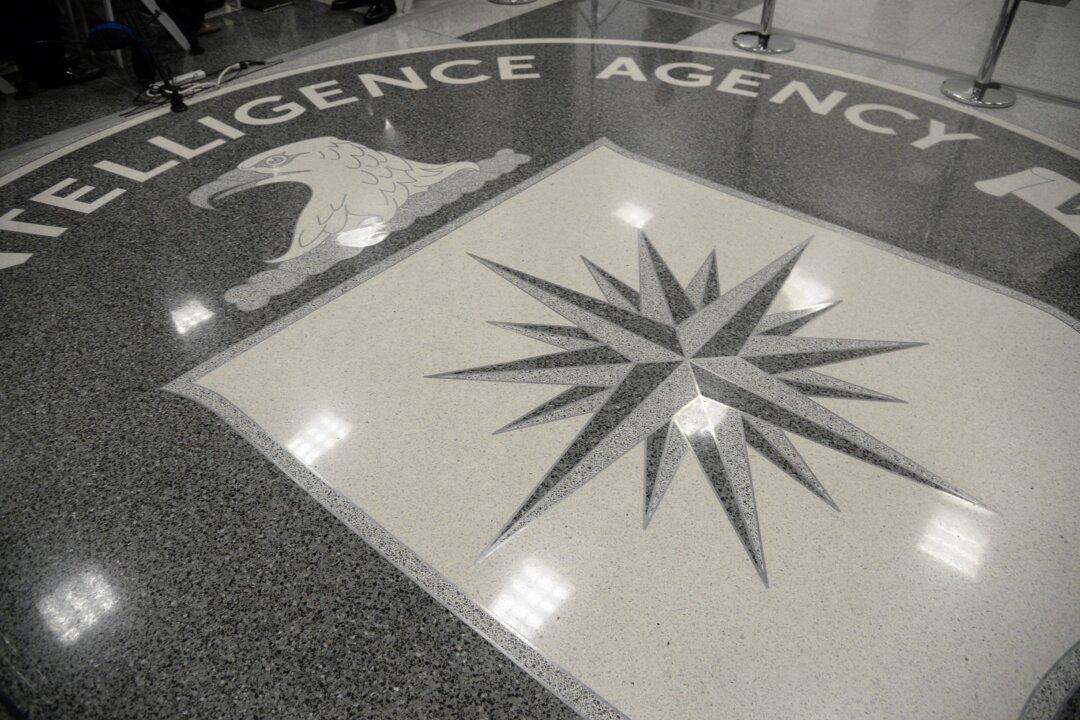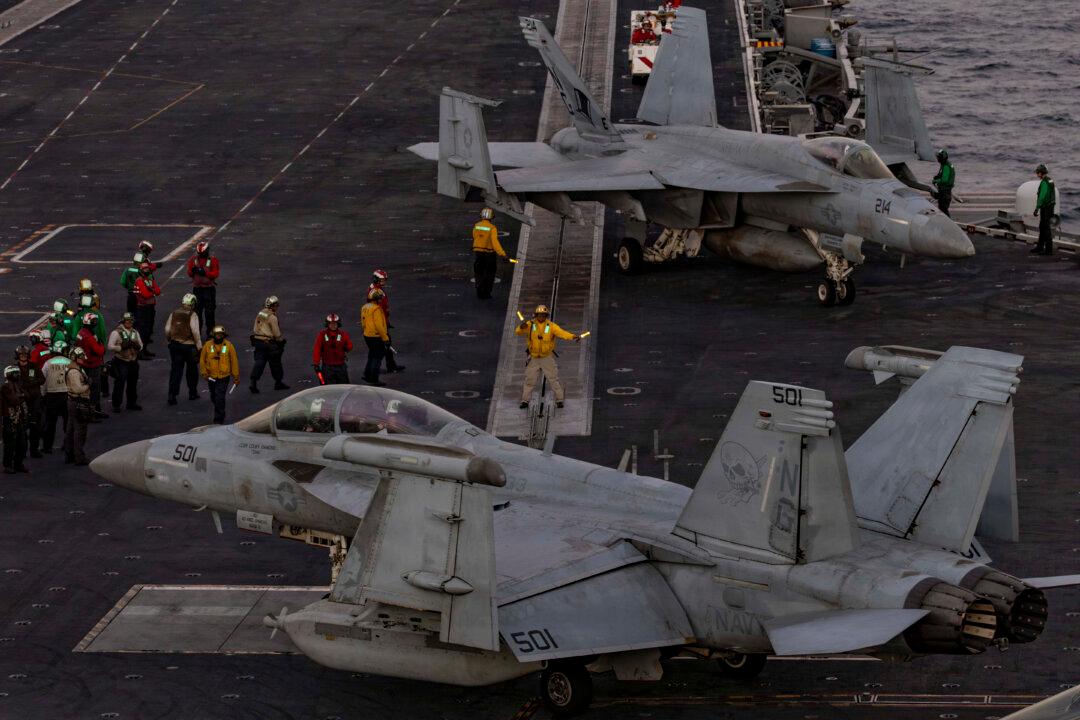Newly sworn-in Secretary of State Marco Rubio returned to the United States on Feb. 7, concluding a five-nation tour of Central America and the Caribbean.
Rubio made stops in Panama, El Salvador, Costa Rica, Guatemala, and the Dominican Republic. The trip was Rubio’s first since taking office and as President Donald Trump’s administration seeks to increase border security, deport illegal immigrants, and bolster U.S. ties in the Western Hemisphere.
